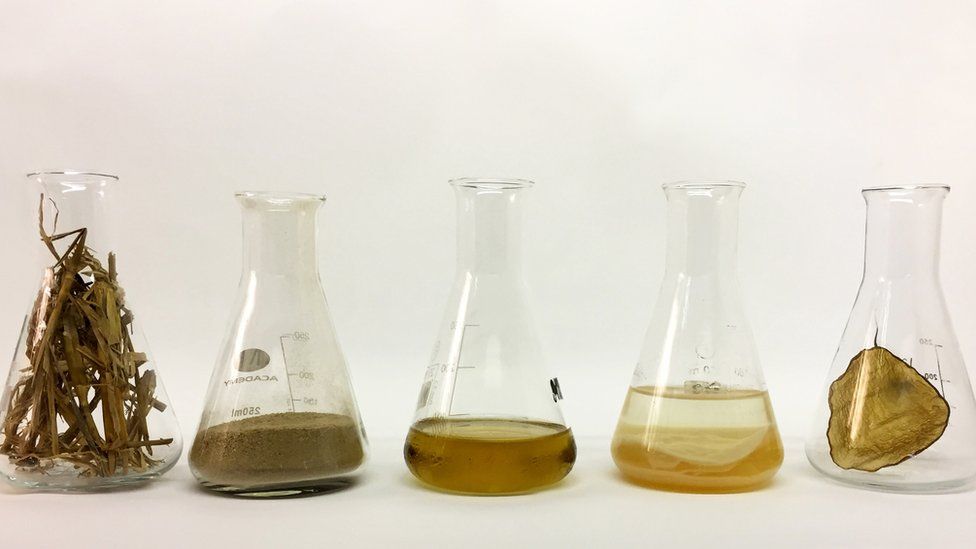
York Uni to turn waste into Fashion
Fashion & Environment
Household waste, crops and old fabrics could be turned into new "greener textiles" by scientists in York.
Biologists from the University of York are working on a £5.4m project with the Royal College of Art to make the heavily-polluting fashion industry more environmentally-friendly.
It will also mean more textiles can be created in the UK rather than imported.
Prof Simon McQueen-Mason, of the Centre for Novel Agricultural Products, said the fashion sector is worth £32bn a year to the UK but most clothing and almost all textile and yarn are imported. Clothes are often only kept for a few years before being thrown away, and emission levels from the textile industry are almost as high as the total CO2 emitted through using cars.
"The clothing and fashion sector is currently one of the most polluting, responsible for 10% of global greenhouse gas emissions and 20% of global waste water," he said.
He added "our approach will dramatically reduce the carbon emissions and waste water from textile production. As a result, it will create a more secure domestic supply chain".
To create the new materials, scientists in laboratories in York will break down old textiles, household waste and crop residues into simple sugars using enzymes.
They will be converted to cellulose, and the fibres will be spun to create new textiles at the University of Cranfield.
The fabric will eventually be made into clothes designed by students at the Royal College of Art which is co-ordinating the whole project, along with the universities of Leeds, Manchester, Cambridge, and University College London.
